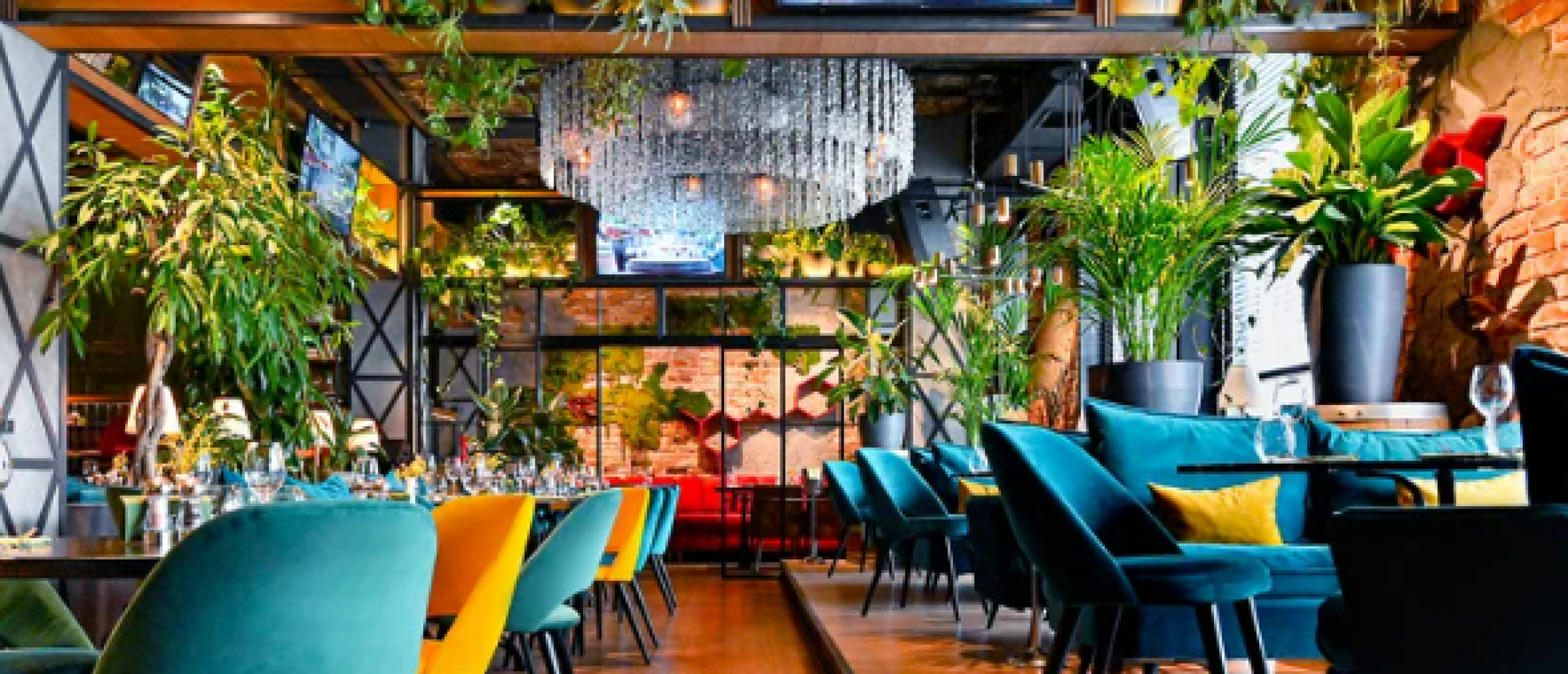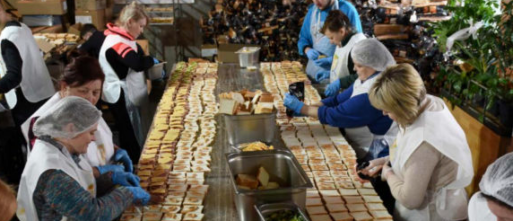The hospitality industry does not always excel at continuous learning, but it is hugely important for the industry, especially for its entrepreneurs, such as restaurateurs, and creatives, such as chefs, says Marius Zürcher
In 2021, Burger King, an iconic fast food chain that not only prides itself on its flame-grilled burgers but was also for many years notoriously vegetarian-unfriendly when compared to its main competitor, did something seemingly uncharacteristic. It opened up its first fully vegan pop-up location in Cologne, Germany, serving vegan versions of their famous burgers, featuring burger patties supplied by the Dutch company The Vegetarian Butcher (owned by Unilever). It was a huge hit, and since then, they opened many pop-up locations like it across the world, all the while hinting that permanent locations will follow soon. Why am I telling you this? Because this month’s article is about the importance of continuous learning.
The hospitality industry might not be the first industry you think of when you hear the phrase continuous learning, but it is nevertheless hugely important for the industry, especially for its entrepreneurs (e.g. restaurateurs) and creatives (e.g. chefs).
From my perspective, there are two main reasons for that. The first one is that continuous learning allows you to maintain your passion, or as I like to put it, your love for the game. Keeping up with both industry trends (and societal trends, but more on those later) is one of the most effective ways to stay inspired, which will help you generate new ideas. This in turn will keep you from reaching a point at which your work starts feeling like a mundane chore. Similarly, really nerding out about something you care about – say a particular cuisine – can also help you to keep the flame alive. After all, there’s nothing like going through some dusty, old (or sometimes shiny, new) cookbooks and finding that Carbonara recipe that is just a tiny bit better than the last one you found.
Survival of the smartest
However, continuous learning is not just about maintaining your passion. It is also about cold, hard survival. If you do not pay attention to societal trends as well as scientific and political developments, you face the risk of driving straight into a wall, even though you would have had plenty of time to correct your course. Burger King, long oblivious to the demands of vegans and vegetarians, seems to have now understood that. After all, it is obvious that these all-vegan locations are a reaction to changing societal norms, regulatory environments, and financial realities with regards to meat consumption and animal husbandry. Burger King, as much as a cultural institution as it is a business, realized that it is slowly but steadily driving towards a wall, and it has decided to explore new courses.
Of course, rethinking your business’s relationship to meat, though certainly an important one, is not the only thing you can do to stay on top of things. Other examples of things you should pay attention to (i.e. learning about) are changing labor markets, new business models as well as general trends within your industry. The changing labor markets especially are an excellent example, as most restaurants that currently find themselves without staff could have seen this coming and done something about it, if they had only thought to find the information that has been out there for years.
These are just examples, however. In the end, it depends on the kind of business you run or are a part of, and on the environment in which you operate. If you are really honest with yourself, you probably know where to start already.







